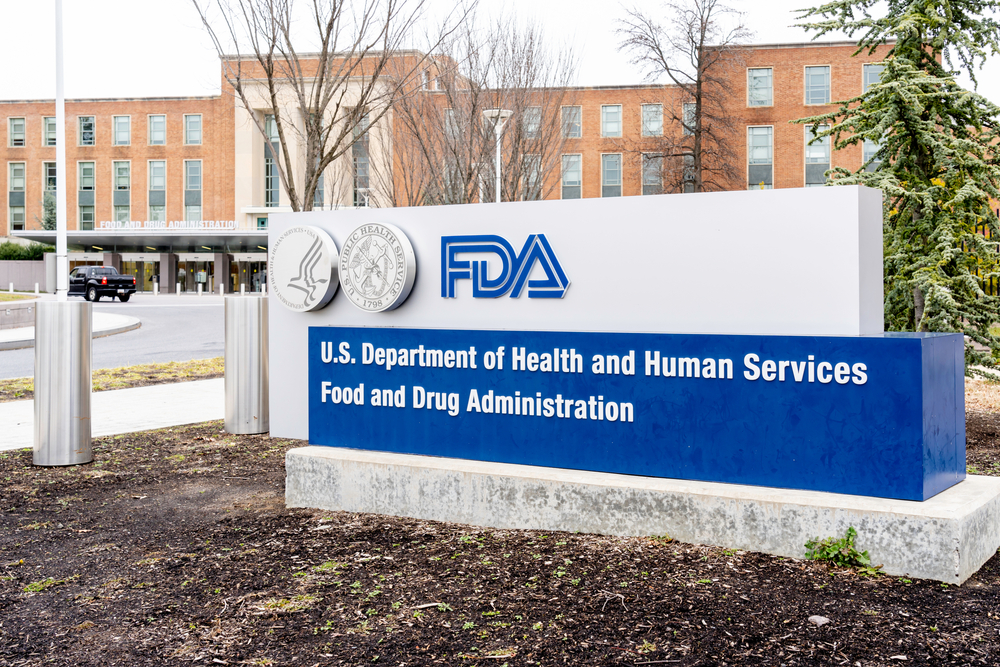The US Food and Drug Administration granted hastened approval for the drug for Alzheimer’s Disease – Lecanemab.
Lecanemab is one of the first experimental drugs for dementia which appears to help in slowing down the progression of cognitive decline. Dr Billy Dunn, Director of the office of Neuroscience in FDA’s Centre for Drug Evaluation and Research stated “Alzheimer’s disease immeasurably incapacitates the lives of those who suffer from it and has devastating effects on their loved ones,” he added, “This treatment option is the latest therapy to target and affect the underlying disease process of Alzheimer’s, instead of only treating the symptoms of the disease.”
Both doctors and patients received the news as an encouraging move towards the progression of the aid for the disease that has been a great challenge to treat.
Approximately 1 in every 9 people above the age of 65 and above is diagnosed with Alzheimer’s according to the Alzheimer’s Association.
Lecanemab will be introduced in the market as Leqembi, according to the FDA. The drug has presented potential as a treatment for Alzheimer’s. According to Phase 3 trial results, it presents as an aid to slow down the progression of the disease. However, it has also put forward some concerns due to its association with particularly significant adverse events which include brain swelling and bleeding.
The FDA accepted Eisai’s Biologics License Application in July for Lecanemab under the expedited pathway for approval and was granted priority for drug review, according to the company. Early approvals for medications that treat serious conditions are allowed under the accelerated approval program. This is while bigger studies and trials on the drugs are continuously being done.
A monoclonal antibody, Lecanemab, works by binding to amyloid beta, a hallmark of Alzheimer’s disease. It is not a cure. The results of the 18-month Phase 3 clinical trial, released in late November and published in The English Journal of Medicine announced that it had presented a reduction of cognitive and functional decline by 27%.
According to Dr Richard Isaacson, director of the Alzheimer’s Prevention Clinic in the Center for Brain Health at Florida Atlantic University’s Schmidt College of Medicine “I will prescribe this drug in the right person, at the right dose and in a very carefully monitored way, but this drug is not for everyone”.











